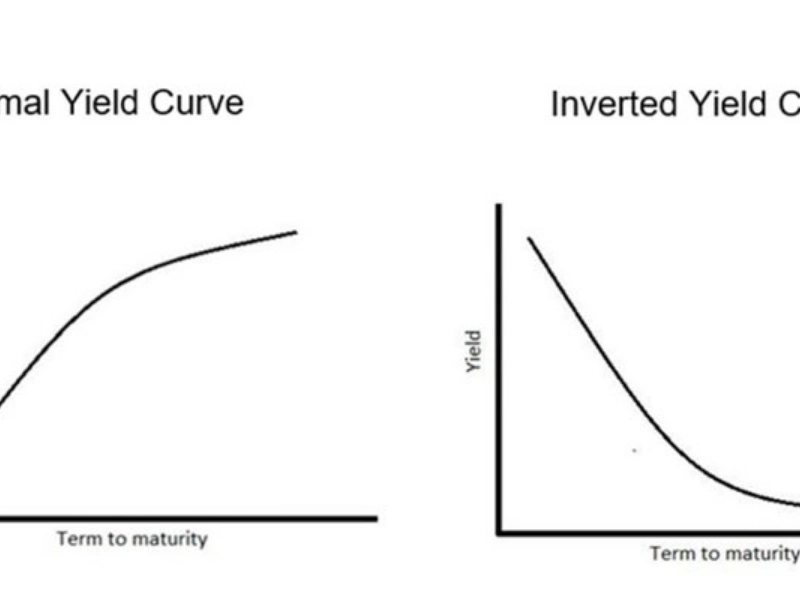Ways to Handle If You Failed Your CFA Exam
The year 2021 saw record-low pass rates across all three levels of the Chartered Financial Analyst (CFA) examination. The percentage of Level I candidates who passed the exam in July 2021 was a record low of 22%. The percentage of Level II candidates who passed the exam in August 2021 was 29%, and the percentage of Level III candidates who passed the exam in August 2021 was 39%. Carry out the necessary research and choose the alternative that suits you best. Both of these percentages were all-time lows. In contrast, the percentage of successful applicants passing Levels I, II, and III were 42%, 46%, and 56%, respectively, between 1963 and 2021. The statement was made in conjunction with the announcement of the results for the Level I exam in July 2021. The CFA Institute further said that it anticipates the pass rate to eventually reach the historical levels before the COVID pandemic, provided that the pandemic circumstances continue to improve. In the most recent tests, for which statistics on pass rates are currently available, there has been an upward trend in the percentage of students who passed. The percentage of students who passed Levels I, II, and III of the examination in November 2021 was 27%, 46%, and 43%, respectively.
Step 1: Analyze Your Performance
Candidates who do not pass the test are reportedly given their scores and a summary of how well they performed in each subject area. The CFA Institute supplies this information. Be sure to go through this information so that you can have a better grasp of your capabilities as well as your limitations. In step 2, you will apply the knowledge you have gained thus far.
Step 2: Reevaluate Your Study Plan
You failed the test the first time because your study plan, despite how diligently you worked on it, was flawed; otherwise, you would have been successful. Because of this, one of the steps in your strategy to pass the CFA test the second time should be to reevaluate the study plan you used the first time.
Not only is there an enormous quantity of information to learn, but candidates for the CFA exam may also have to contend with the difficulty of unanticipated occurrences interfering with their study plans. The CFA Institute addresses these issues by making the whole educational program, which includes a set of study aids known as the Learning Ecosystem, accessible to students of all skill levels. Before you even begin your studies, it lays out a week-by-week schedule for how you will cover all of the information. The plan must have a buffer of at least four weeks so that you are scheduled to finish your study well before the test.

Step 3: Consider Taking a CFA Prep Course
However, if you want to improve your chances of passing the exam, you must take it multiple times. If you can pass the exam, however, you will not only save hundreds of hours of additional study time, but you will also be able to obtain any career advancements or salary increases connected with getting your CFA sooner. To put it another way, investing in a good exam preparation course may very well be worth it.
You have the option of taking a review class either in-person or online. The courses contain a comprehensive review at the end, practice examinations, continuing quiz questions, and a well-organized study schedule. Taking a class may assist you in determining your areas of academic weakness and keeping you on track with your study plan. You should look for a class with a success guarantee, which means that if you don't pass the test, you'll receive your money back as long as you've completed the criteria of the study course. Carry out the necessary research and choose the alternative that suits you best. On its website, the Certified Financial Analyst Society of Minnesota provides access to a directory of qualified service providers.

Step 4: Plan Your Test-Taking Strategy
To succeed, you will need a strategic test-taking strategy and a strategic study plan. This stage will provide you an edge over the last test you took, especially if you went into it without a game plan. If you did have a plan, you might reorganize it with the help of your actual test-taking experience by considering which sections of the exam you found simpler and which ones were more difficult. If you do not have a strategy, you can skip this step.









